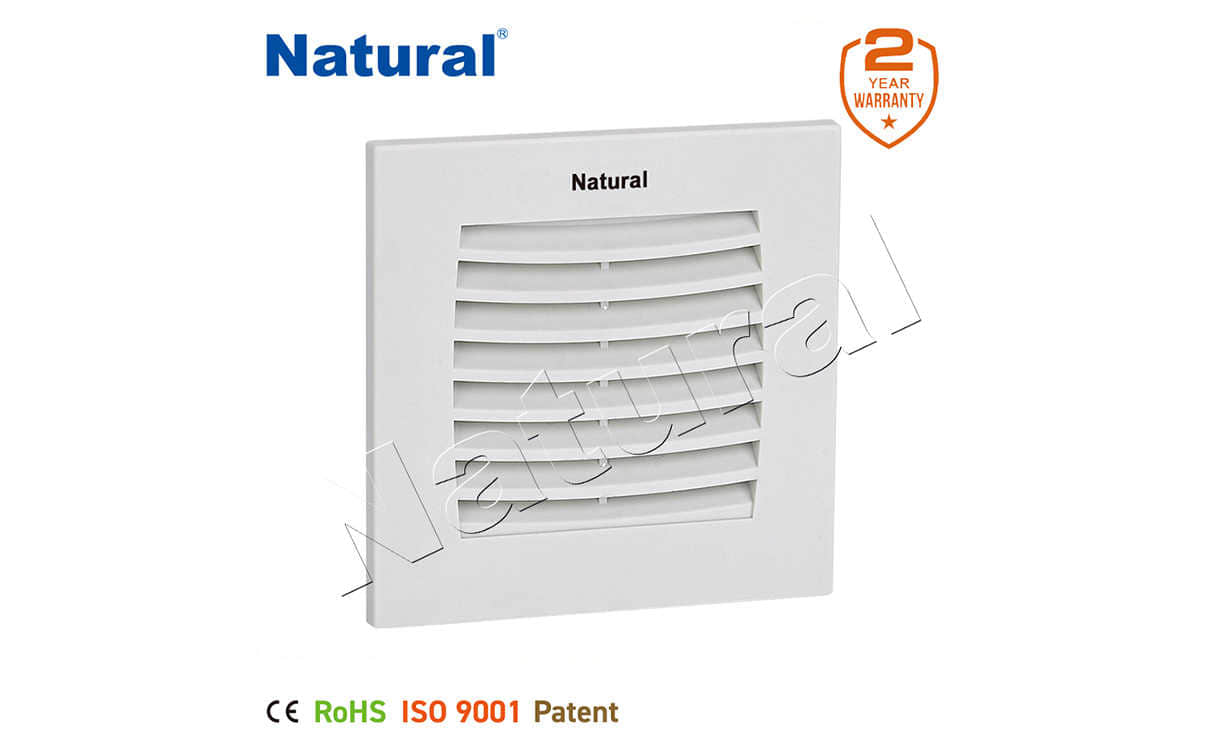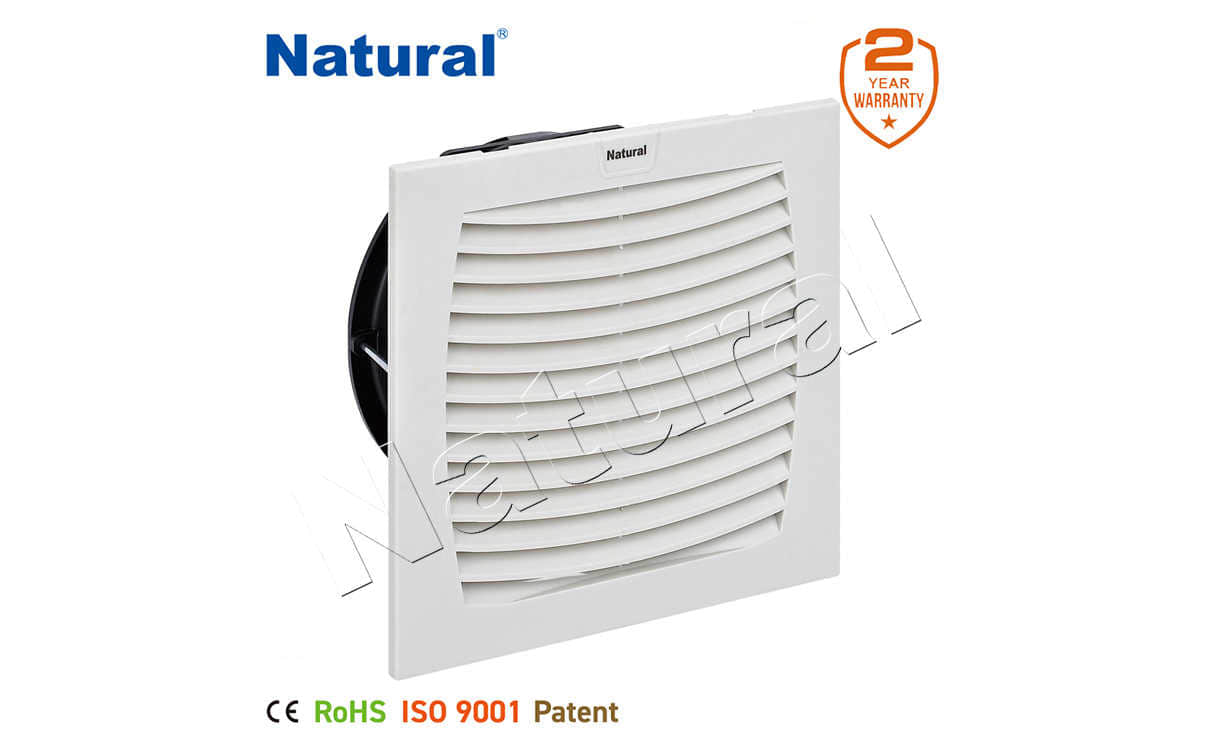fan air system ventilation hepa filter: essential for clean air and optimal performance
Release time:2025-04-11 20:51:10
In today's world, air quality has become an increasingly important concern, both in residential and industrial settings. As we continue to face environmental challenges such as pollution and allergens, maintaining clean and healthy air is essential. One of the most effective ways to achieve this is through the use of fan air system ventilation HEPA filters. These filters, often found in HVAC systems, industrial applications, and other ventilation systems, are crucial in ensuring air purity by removing harmful particles and contaminants. In this article, we will explore what fan air system ventilation HEPA filters are, how they work, and why they are important for both health and performance.

What is a HEPA Filter?
HEPA stands for High-Efficiency Particulate Air, and it refers to a type of air filter that is designed to trap airborne particles and contaminants. To meet the HEPA standard, a filter must capture at least 99.97% of particles that are 0.3 microns or larger in diameter. This makes HEPA filters incredibly effective at removing small dust particles, pollen, pet dander, smoke, bacteria, and even some viruses from the air. In fan air system ventilation, HEPA filters are particularly valuable because they provide superior filtration, ensuring that only clean, purified air circulates throughout the space.


 28 items Patent
28 items Patent
 28 items Patent
28 items Patent
 28 items Patent
28 items Patent










